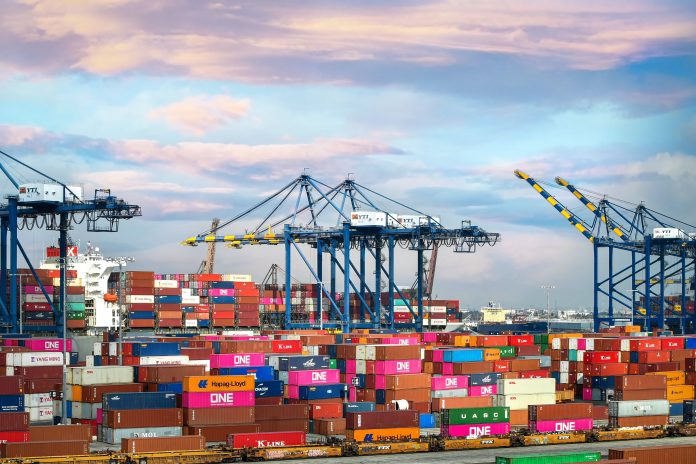The ports of Long Beach and Los Angeles have announced that the implementation of the “container dwell fee” directed to ocean carriers for import boxes that dwell on marine terminals will delay another week, until 13 December.
The decision of the container dwell fee was firstly announced on 25 October and since then ageing cargo on the docks on the twin ports has been declined by 37%.
This is the fourth time that the San Pedro Bay Ports postpone the fee application, with the executive directors of both Californian ports explaining that they will reassess fee implementation after another week of monitoring data.
The policy that was developed in coordination with the Biden-Harris Supply Chain Disruptions Task Force, the US Department of Transportation and multiple supply chain stakeholders, aims to ease bottlenecks in the West Coast ports and enhance the cargo flow in their marine terminals.
The temporary policy approved 29 October by the Harbor Commissions of both ports defines that ocean carriers can be charged for each import container as follows:
For containers that are scheduled to move by truck, ocean carriers could be charged for every container dwelling for nine days or more, while, for containers moving by rail, ocean carriers could be charged if a container has dwelled for six days or more.
The US ports plan to charge ocean carriers in these two categories US$100 per container, increasing in US$100 increments per container per day until the container leaves the terminal.
Before the pandemic-induced import surge begins in the middle of 2020, containers for local delivery were remaining on container terminals under four days on average, while containers destined for trains were dwelling less than two days, according to a statement.
Port officials reminded that any fees collected from dwelling cargo will be reinvested for programs designed to enhance efficiency, accelerate cargo velocity and address congestion impacts.







